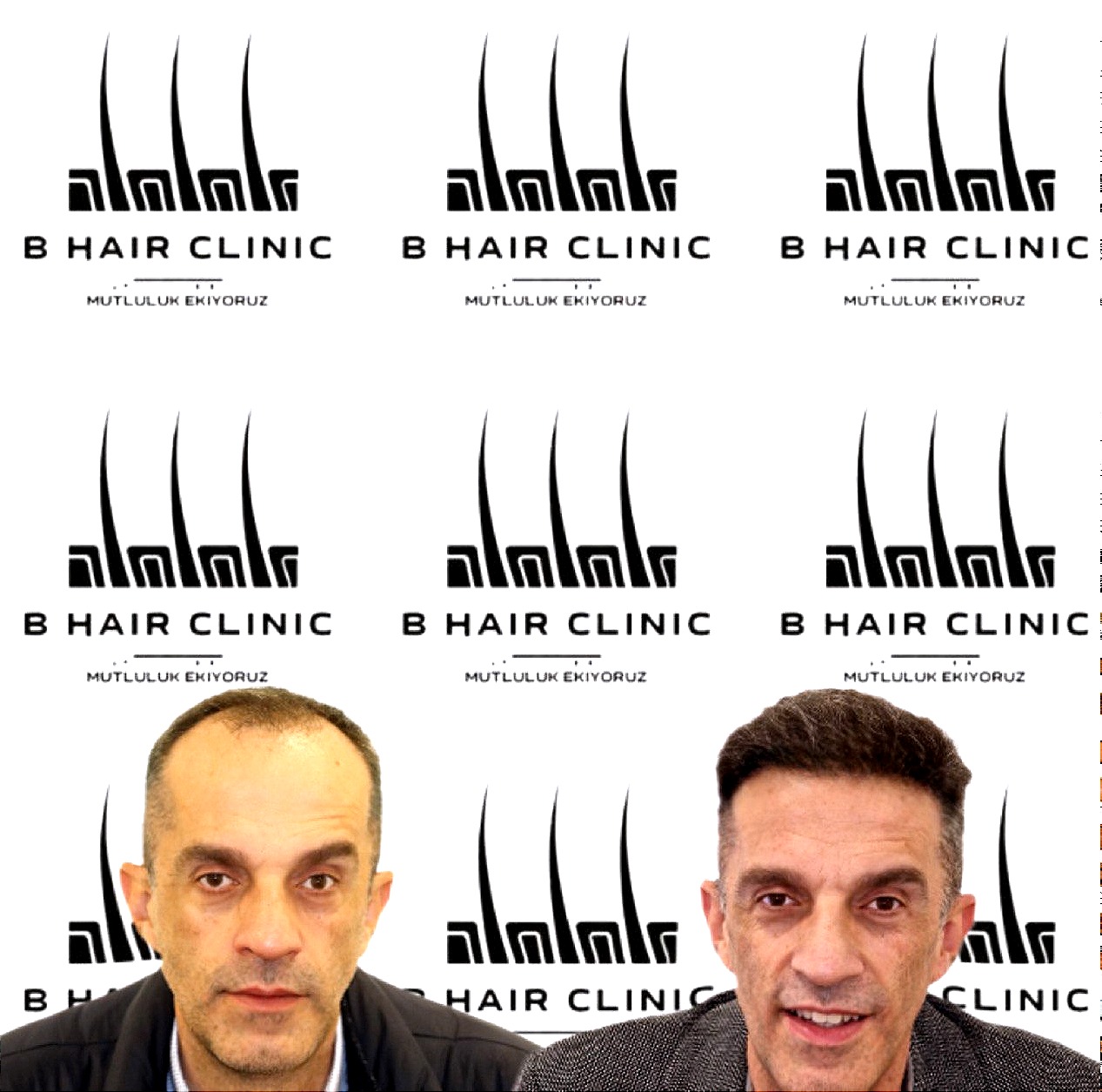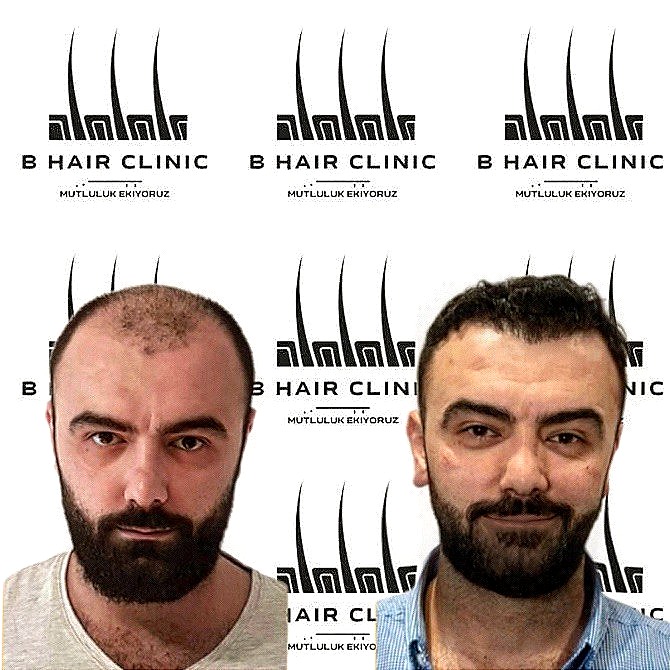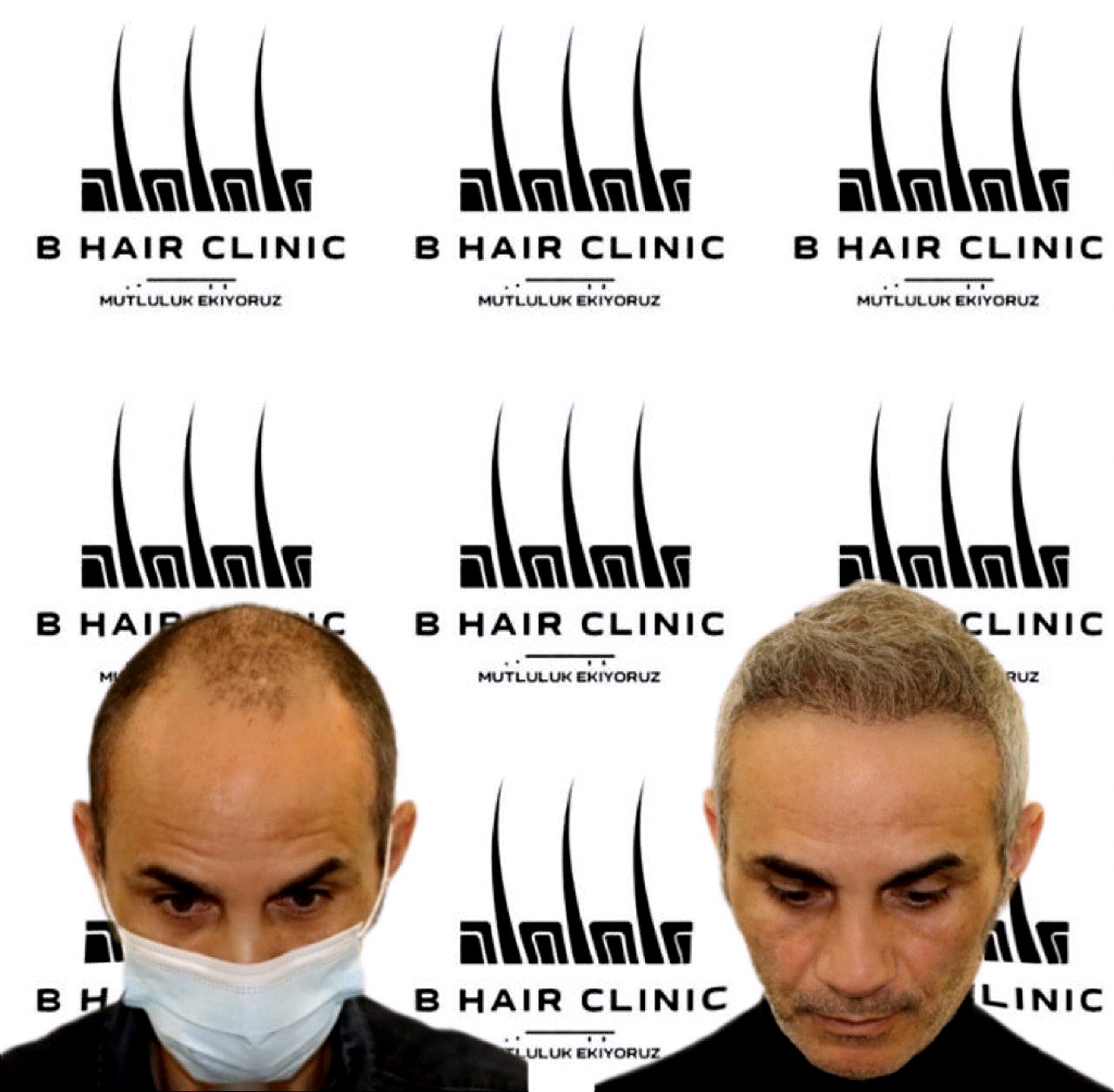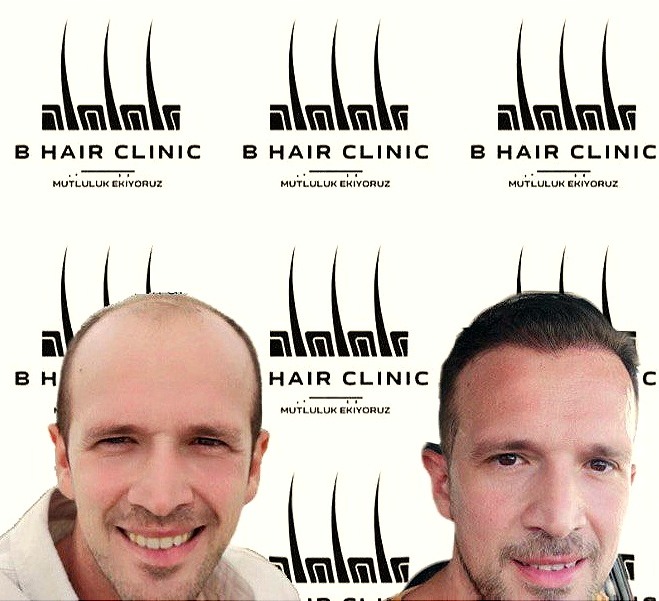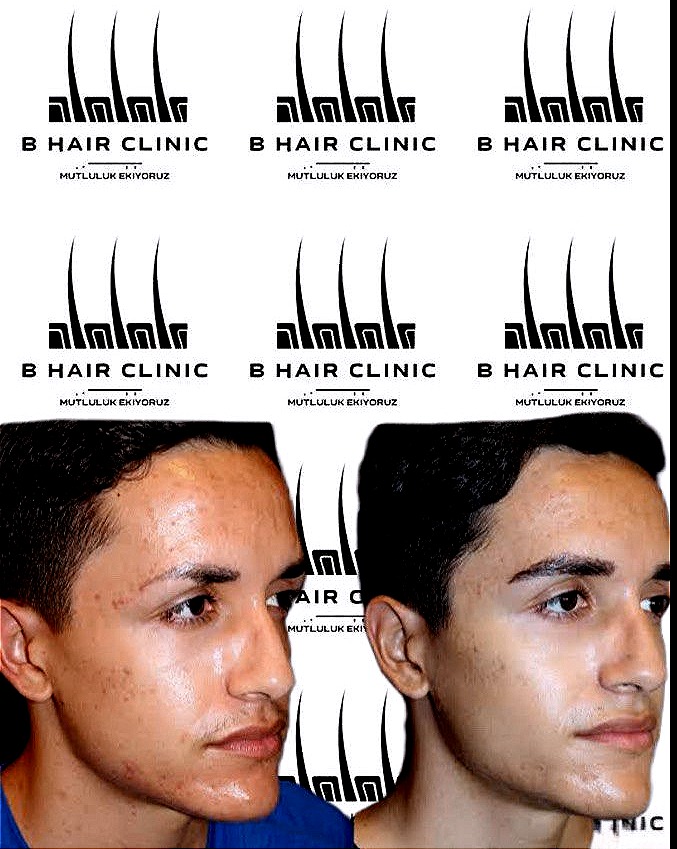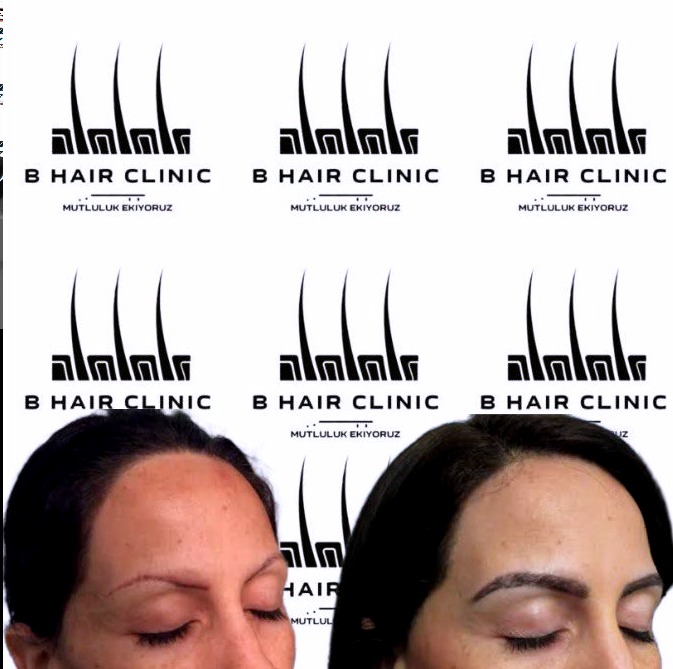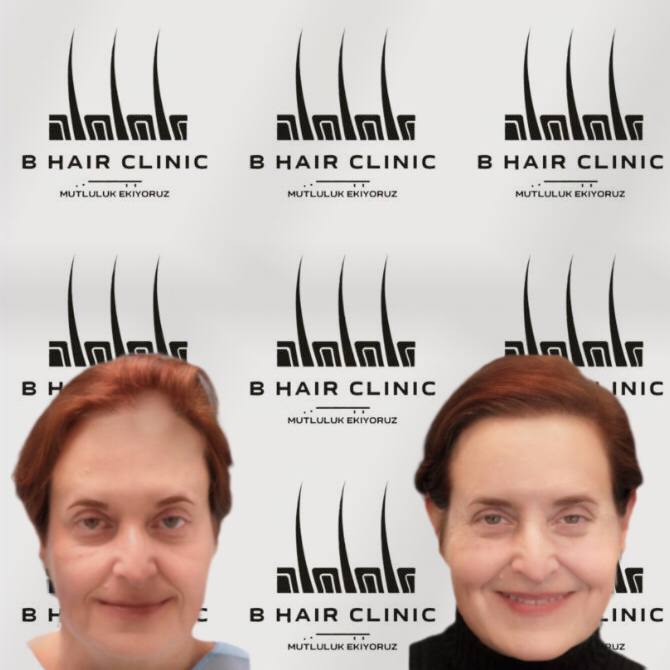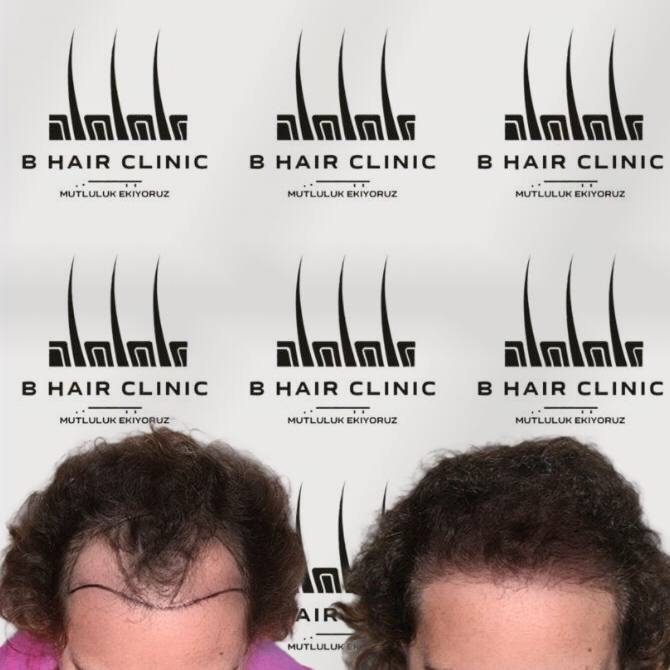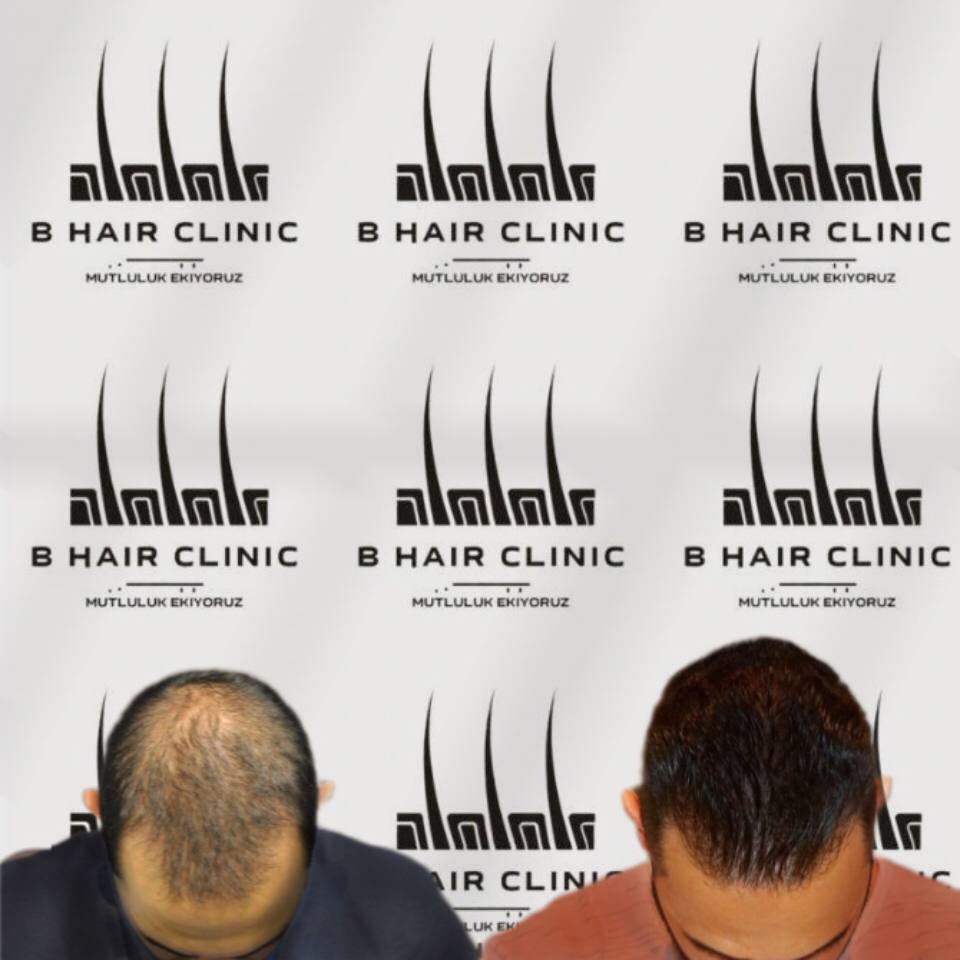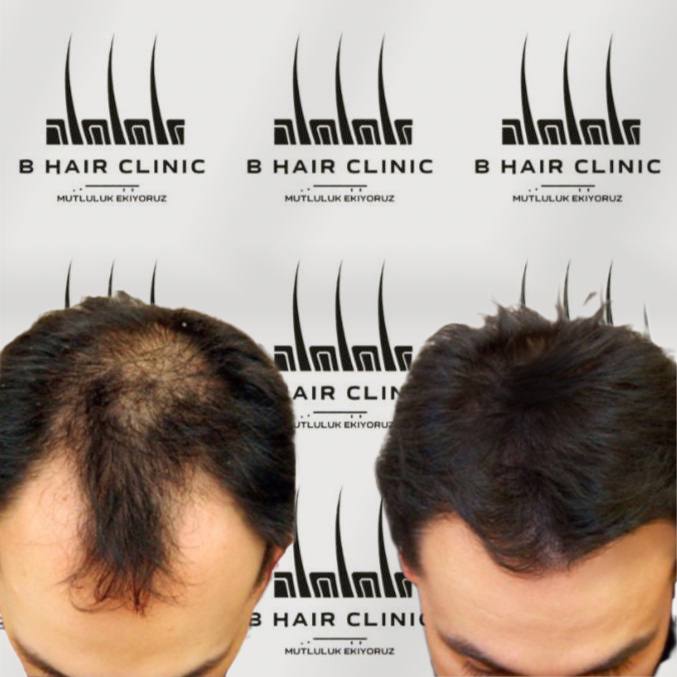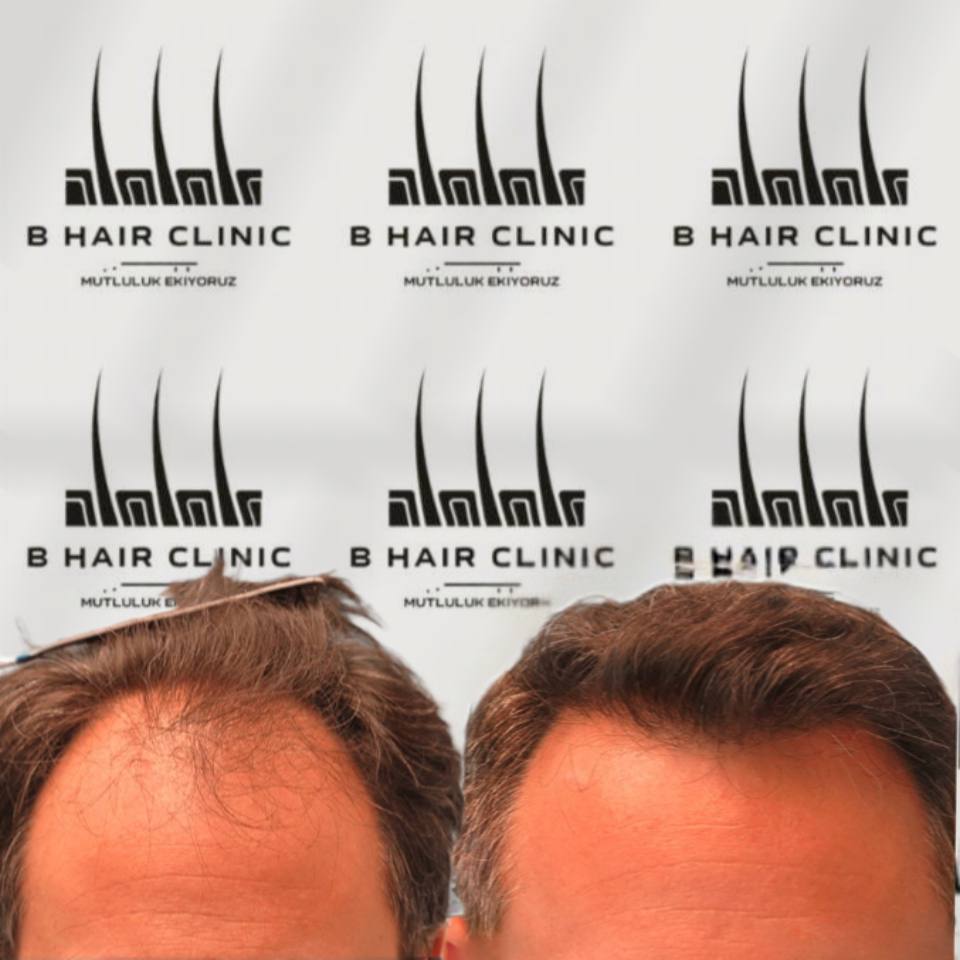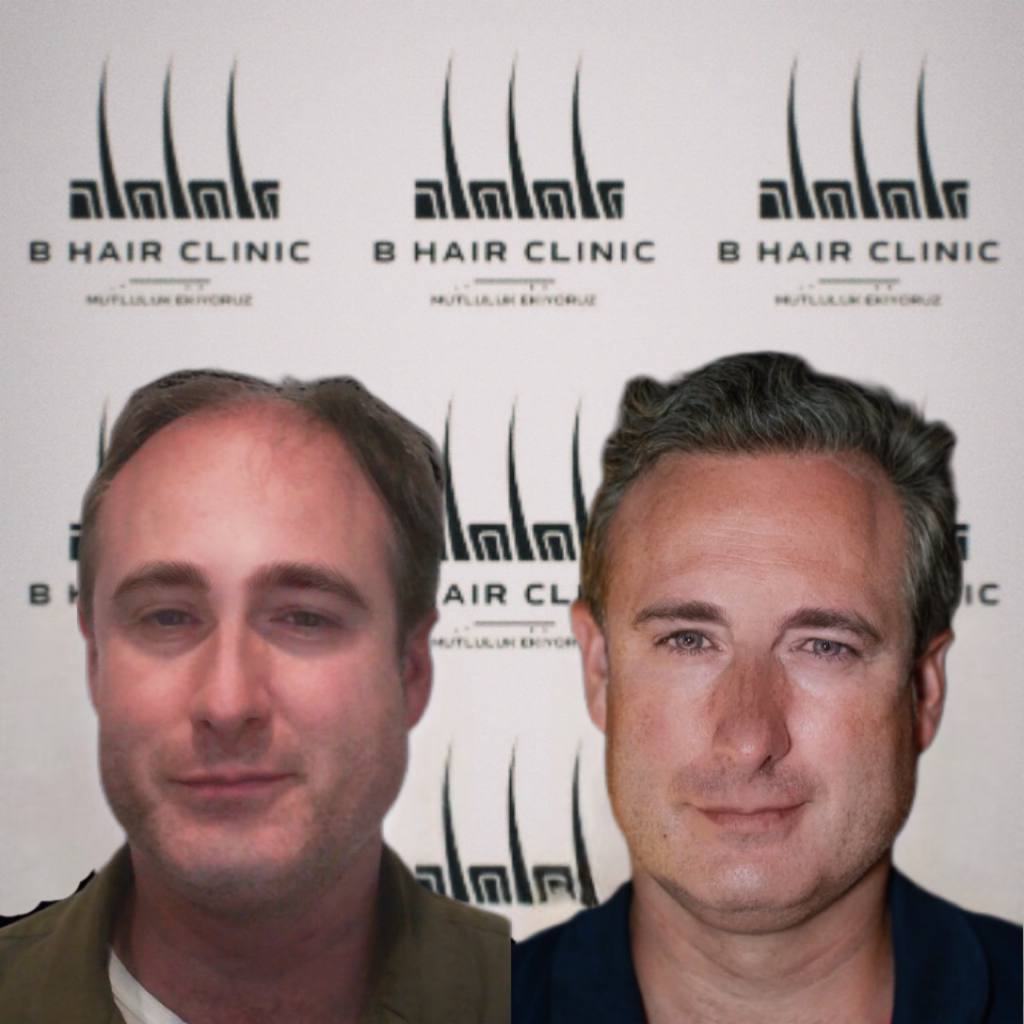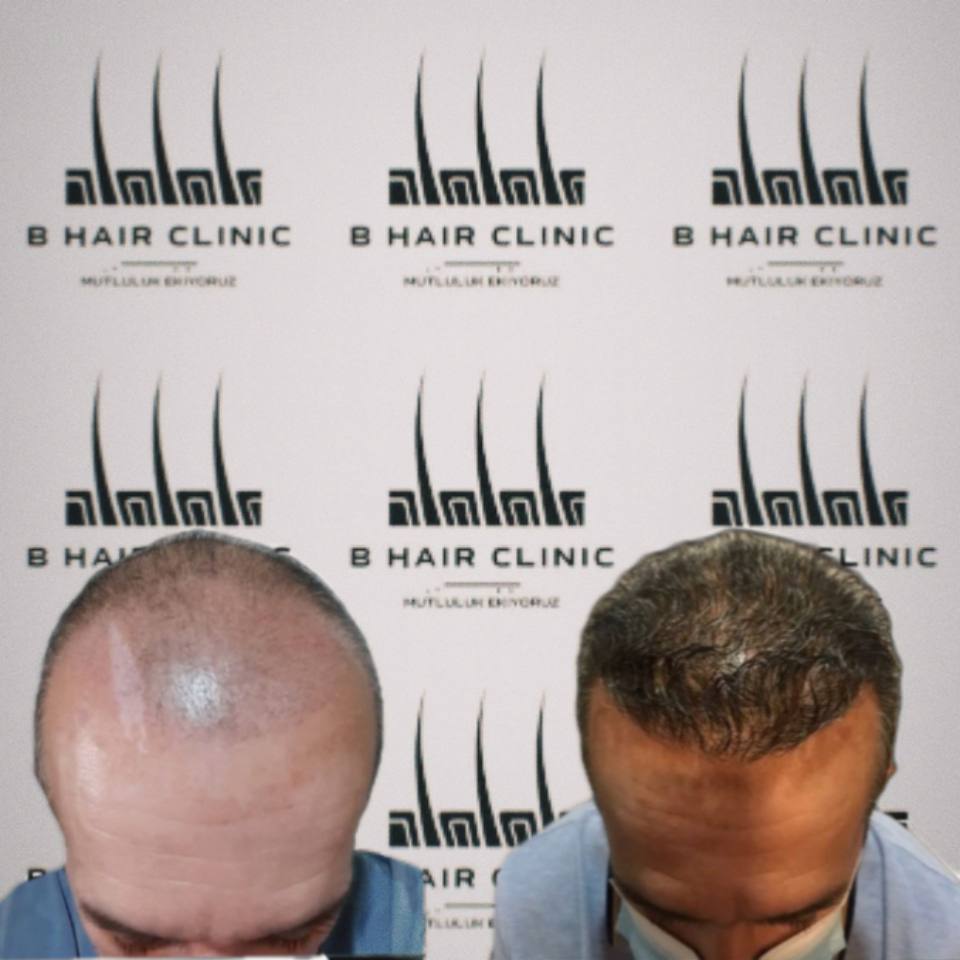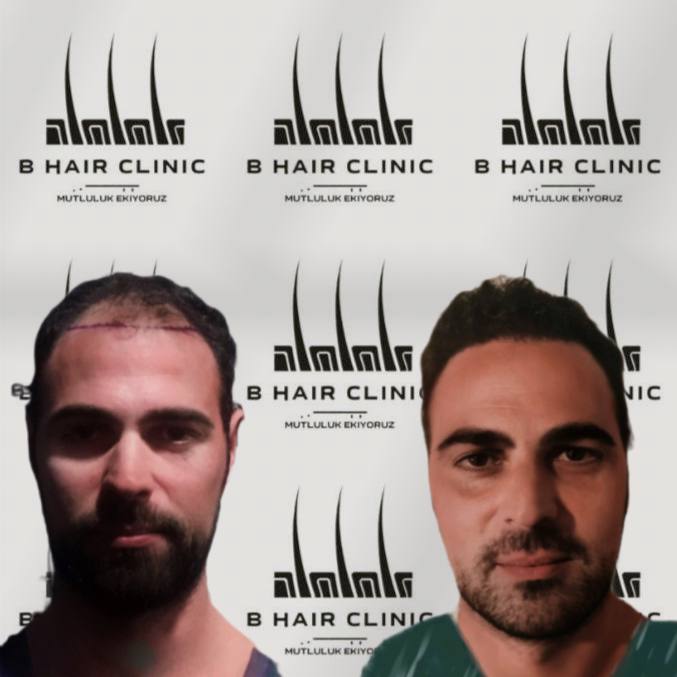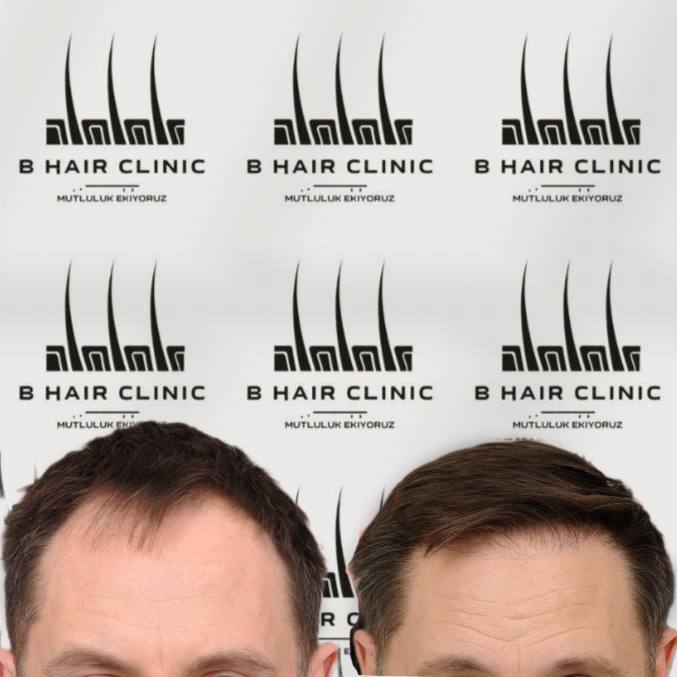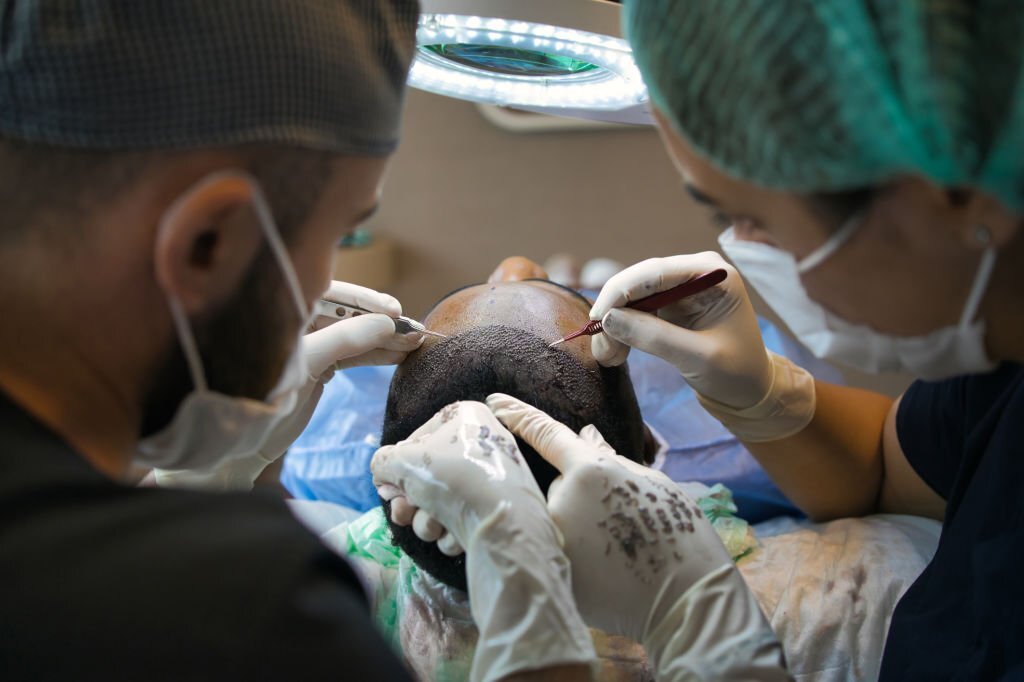Driving
Sometimes, hair restoration is performed under strong sedation. If you have been given a sedative, do not drive for the next 24 hours. Make sure you have someone to drive you to and from your appointment.
Working
A patient can go back to work after 5 days following his/her hair transplant. However, people with heavy-duty jobs should wait longer to return to their work, ideally 7-14 days.
No hat or helmet
You should avoid wearing a helmet or hat for a month. Wearing a helmet or hat after a hair transplant operation might harm your newly implanted hair grafts and you may end up losing your hair. It also causes sweat that leads to the falling of a hair graft from the scalp.
No bending
Patients should not bend their head at least for 3 days in order to save grafts from popping out or bleeding in the recipient area. This is also an important factor for a successful hair transplant result.
No sweating
After the hair transplantation, patients should avoid excessive sweating in order to prevent damage to transplanted grafts for a month. If the patient is living in a hot climate, then it is recommended to stay indoors as much as possible for the first 2-3 weeks following the procedure.
No swimming
You should avoid swimming for two weeks after a hair transplant operation. This period gives the grafts and donor area time to heal.
No jumping or diving
Patients should avoid jumping and diving for three months after a hair transplantation in order to prevent damage to transplanted grafts.
No smoking
The fact that smoking extends the duration of recovery, it is for your own good to stop smoking one week before and after the operation. Ingredients of cigarette narrows the blood vessels and slows down the blood flow. This both delays the recovery and affects the new hair growth negatively.
No alcohol consumption
Patients avoid drinking alcoholic beverages for at least two weeks before and after their hair transplant operation. This will give your body enough time to process any alcohol in your system and for your blood pressure to return to normal.
No touching to the recipient area
It is best to keep your head upright and avoid any sudden movements such as intense coughing and sneezing following operation. It is unlikely that you damage a graft by coughing a few days after your hair transplant. However, it is still important to be careful while sneezing or coughing.
No scratching
It is important to avoid scratching for two months as it can remove scabs and delay the healing process.
Stay away from sunlight
After a hair transplant operation, the patient needs to protect your scalp from the sun for two months. Too much direct sun exposure not only damages the surface of the treated scalp, but also affect the deeper tissues and cause serious harm.
No sexual intercourse
Sexual intercourse may cause a person to sweat. After a hair transplant, sweating should also be avoided. You should postpone any sexual intercourse for one month.
No intense exercises
Patients should avoid intense exercises until at least one month after hair transplant surgery. Light exercises such as walking or yoga or light exercise are fine to do after the fourth postoperative day. If you notice an increase in bleeding during any of these exercises, you should reduce the intensity of the exercise.
No sauna or solarium
We do not recommend going to sauna, steam baths or staying in places that are very hot can increase sweating, these activities are as harmful as doing exercises or sports. You should not go to sauna or steam baths for the first month after the hair transplant, as they cause intense sweating.
No bumping
The first two months, bumping the head may result in a lost graft. That is why be careful not to bump your head anywhere after your hair transplant.
Using electric razor
At the end of the first 4 months, a razor can be used after hair transplant. A haircut with scissors is allowed after a month, but you should not use a razor at least for four months.
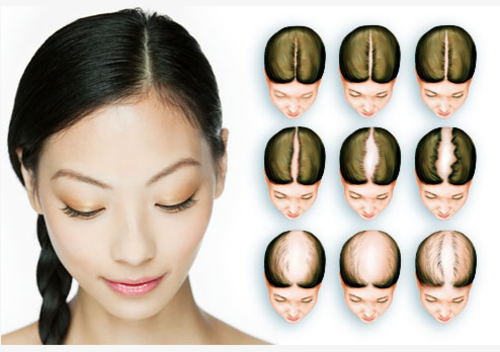
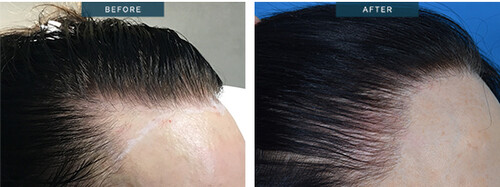
 Türkçe
Türkçe 